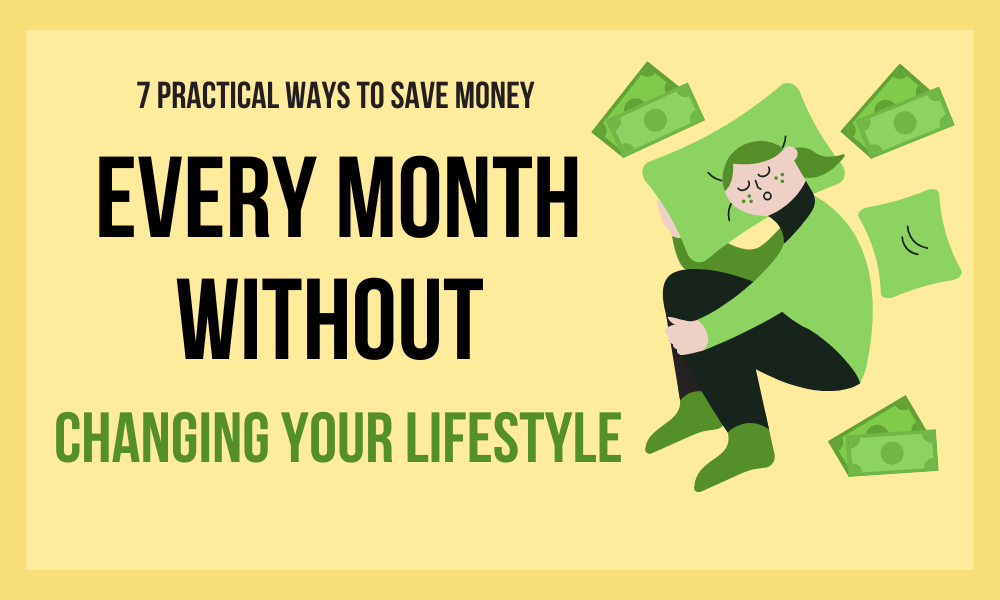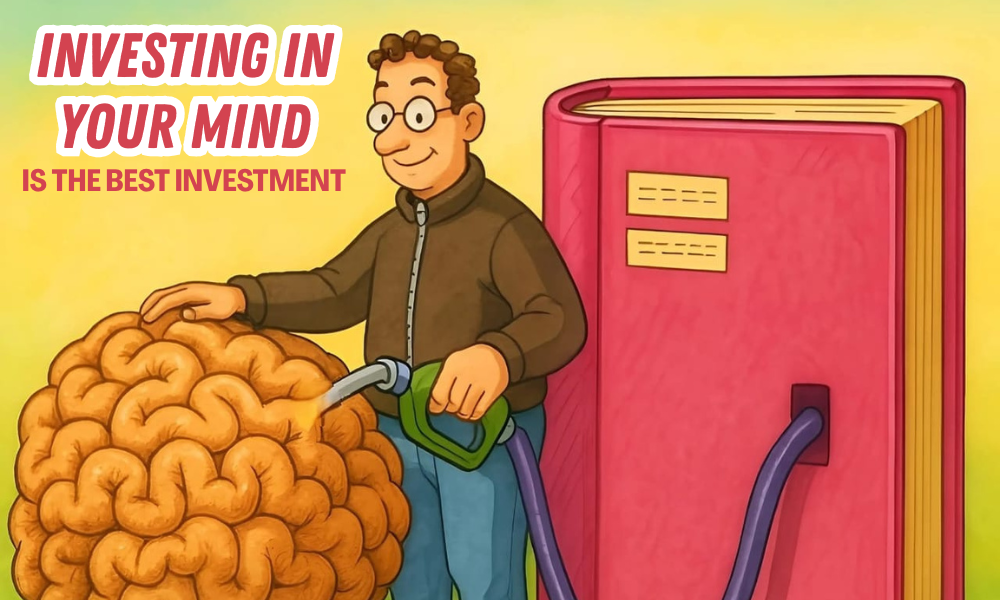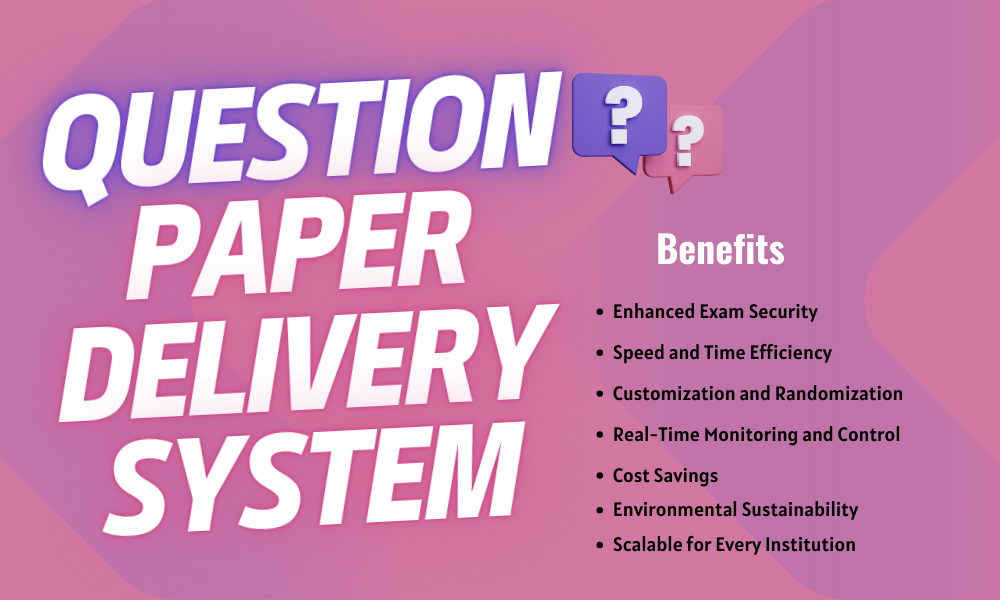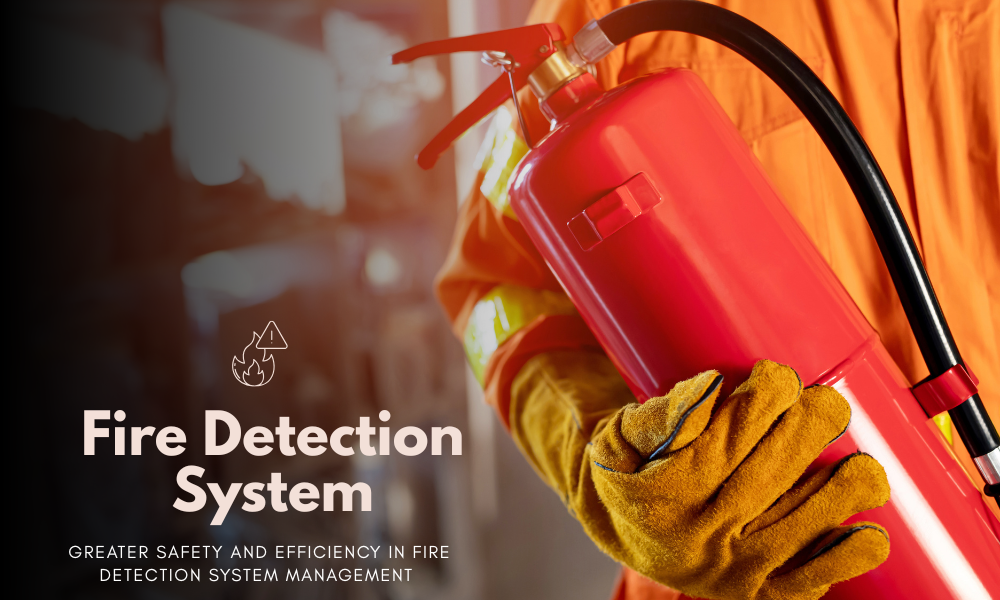Freelance Burnout is Real-Here’s How to Protect Your Energy
Freedom and flexibility may be among the benefits of freelancing, but there is also a high potential for burnout, which many do not speak about until they reach a limit. With blurred boundaries, fluctuating workloads, and the pressure to always and only be working, freelancers often work until their limits are pushed. Protecting your energy is not a luxury, but a necessity for sustainable work. Here are some ways to stay balanced and avoid burnout in your freelance journey.
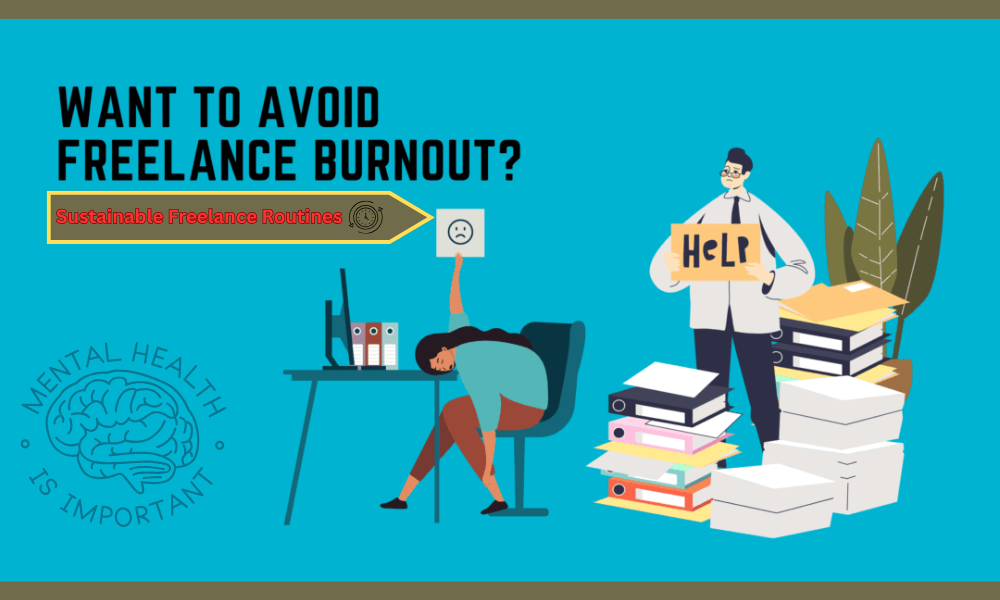
Spotting Burnout Before It Hits
Freelance burnout doesn’t arrive one day out of the blue—it creeps in slowly, and often appears innocent enough as simply “just a busy week,” or a temporary burnout during a slow week. The sooner you identify and recognize the red flags, the easier it will be to avoid a full-blown burnout crash. In your mind, you may start feeling sluggish, even when tackling simple tasks, or have trouble focusing or finding motivation. Emotionally, you might feel irritable, anxious, or encounter feelings of detachment from your work. You may also experience physical symptoms, such as constant fatigue, headaches, and changes in sleep cycles. A lot of freelancers ignore these warnings, even if it may feel like hustle culture. Learning to listen to your mind and body is the first step in preventing and managing burnout so you can protect your energy while enjoying a long career in freelancing.
If left unattended, these quiet symptoms can slowly eat away at your creativity and confidence, and eventually every job you loved will feel like a chore. That’s why it’s important to check in on yourself on a routine basis, not just when something feels off, as a proper habit. Checking in to see how we feel when we first show up for work, and again when we leave, can help us spot patterns that we may not have highlighted otherwise. It’s not weak to be able to spot burnout early; it is the most powerful thing you could do for your resiliency and success in the long run.
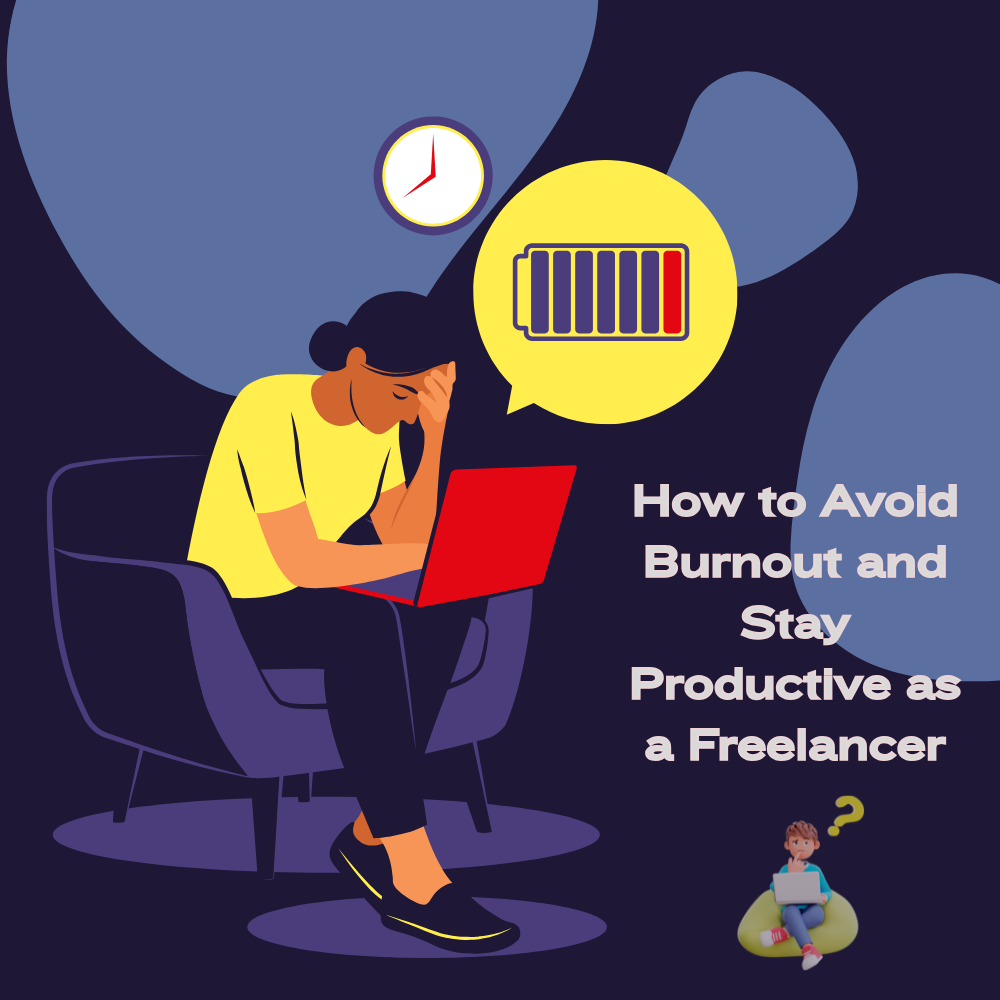
Establishing Limits Without Losing Clients
In freelance practice, boundaries are not walls—they are structures that allow you to protect your focus, creativity, and mental health. However, many freelancers are hesitant to establish boundaries because they fear missing out on clients or appearing uncooperative and difficult to work with. The reality is that clear boundaries demonstrate clarity, professionalism, and self-respect to clients—qualities that most clients appreciate, provided they are conveyed with confidence and care.
Identify what you need daily to succeed: a schedule, uninterrupted work time, reasonable deadlines, and respectful communication. Maximize your chances of establishing boundaries by making these very clear from the beginning—whether you communicate them in a welcome guide, as a clause in a contract, or through an onboarding email. Transparency is welcomed by clients, and setting your expectations as early as possible can alleviate potential miscommunications and stress down the road.
Saying “no” is not rejecting; it is redirecting. When you decline a task based on its relevance to your daily scope of practice or your expectations, you create space to go deeper and produce better work. The freelancers who will thrive long-term are those who know how to take care of their energy, without sacrificing their integrity.
Sustainable Freelance Routines
Freelancing gives you the independence to choose how you spend your time, but without adding some structure to your routine, those choices can quickly turn into chaos. A sustainable routine is not just about being productive: it’s about conserving energy, maintaining your mental health, and allowing for a work-life rhythm that builds in sustainability for your freelance career. Unlike a traditional job with defined hours and structure, freelancers must construct their balance, and this begins with intent.
To begin creating your sustainable routine, you want to anchor your day with a start time, even if it can flex. A steaming mug of coffee in peace, writing, or a quick walk to help your mind transition from home to work are all examples of creating an everyday ritual. Don’t forget that we are more productive during certain times of the day. If possible, schedule your best energy and deep work time you can. No matter how busy you are, schedule time with screen breaks where you get out of your chair, eat your meal, pay attention to how you’re eating, and stretch.
Establish space for life beyond work. Make time for hobbies, movement, or even doing nothing. Care for oneself is a part of your regimen; it is not an extra activity. Just like you should lock in regular time off, you should not just fit it in your schedule when you’re way past exhausted. Burnout does not spring upon us–it is a warning sign that your routine is not suited for you.
Long hours are not the only cause of burnout; inadequate communication, a lack of limits, and trouble adjusting to erratic workloads are also contributing factors. Therefore, it is essential to cultivate the soft skills that will rule the job market in 2025. These include collaborative thinking, problem-solving, and emotional control Soft Skills Every Freelancer Needs to thrive in 2025 and handle stress in addition to advancing your profession.
Lastly, reconnect with why you decided to become a freelancer. If it is freedom to travel, freedom to create, freedom to decide your schedule, it is worth reminding yourself of that often. Don’t forget about passion projects. Spending even a couple of hours a week per project on something you are passionate about can provide inspiration, facilitate motivation, and keep your freelance life from becoming a paycheck.
A sustainable routine is not rigid—it is there to support you. It grows with you while making sure that as your business grows, your personal growth keeps pace with it.
Conclusion
Burnout isn’t destined to happen, and recognizing the early signs allows you to act on your work-life balance. You can avoid crashing and burning by making small adjustments and paying attention to your body. With the right mindset and practice, you can remain healthy and happy as you flourish in your freelance journey.
Author’s Bio
Author Nikita is professional content writer; she is always exciting to express thoughts & insights into wonderful words on various topics.











